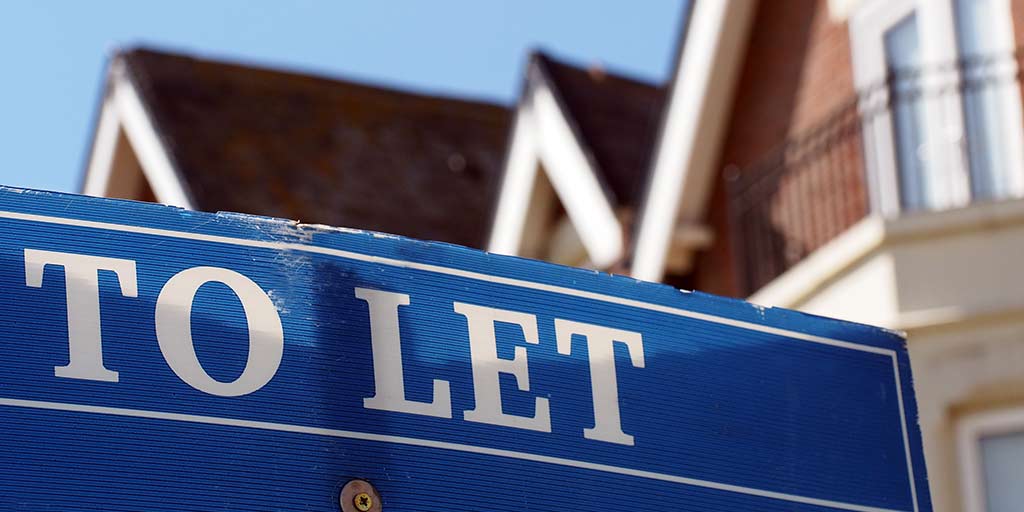This information should not be interpreted as financial, tax or legal advice. Mortgage and loan rates are subject to change.
Category: prs
A government department has admitted it has “no idea” how many landlords have been convicted under the Homes (Fitness for Habitation) Act 2018.
After answers
A Freedom of Information Requests from Ajay Jagota, a renting campaigner, has revealed that the Ministry of Justice does not have a set number as to how many rogue landlords have been convicted under the 2018 legislation.
Whilst the reply from the ministry informed that they “hold all the information you request” the data they have on prosecuted landlords is not sorted by which legislation the individuals have been prosecuted under.
To find this out would “exceed the appropriate limit” for a Freedom of Information Request, and so has been left without answers.
Ajay Jagota commented:
“I have literally no idea why you would bring in a new law and then make no effort to see how many times it is actually being used, and the inconsistent nature of the government’s response leads me to speculate that they know a good deal more than they are letting on and are simply embarrassed about the ineffectiveness of this legislation.”
Fitness for habitation
The legislation, which came into force in 2019 requires landlords to ensure their properties are fit for human habitation, applied to all new tenancies created after the 20th of March that year.
A property could be deemed unfit for several ‘serious’ problems.
These include repairs; stability; dampness; internal arrangement; natural lighting; ventilation; water supply; drainage and toilets; and cooking facilities.
The act enables tenants to seek court orders forcing their landlord to carry out repairs – and receive monetary compensation for having to endure sub-standard living conditions.
The information on exactly how many landlords have been prosecuted under this act, for now, remains a mystery.
On the one hand, it could provide reassurance to the public that the story of greedy landlords with sub-standard living conditions is just that, a story.
On the other, it could highlight a few rogue landlords or a cry for help that some landlords are financially unable to carry out repairs after the year of rent arrears and the turmoil that the pandemic has left in its wake.
Beneficial to all
A complete picture of the prosecutions under this act would be beneficial to all in the PRS.
It is designed to improve the quality of life for those renting, and effective prosecutions would help remove stigma and hostility towards those opening their properties up to tenants requiring a home.
This increase in clarity would reassure both good landlords and tenants that the rogue landlords are being dealt with, with this legislation.
The only sticking point may be, that if the exact number was to come to light and it was low, it could reaffirm the news from earlier in the month that local councils are unable to utilise the laws created for them to the fullest extent to improve the PRS.





